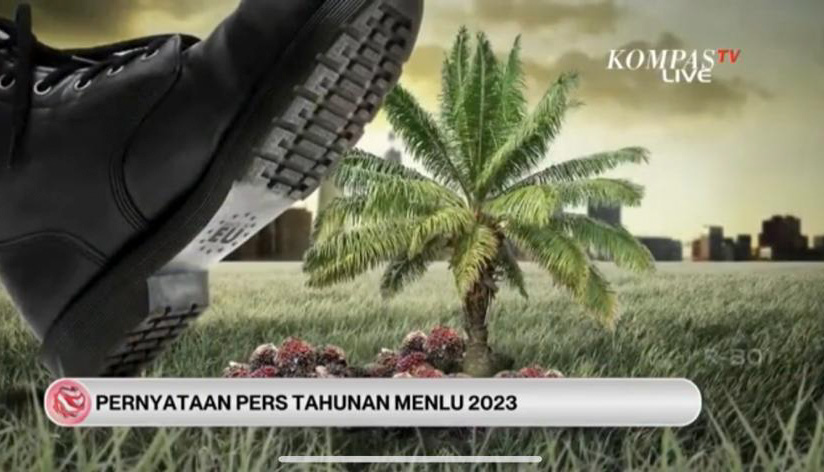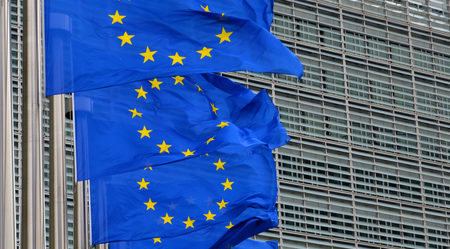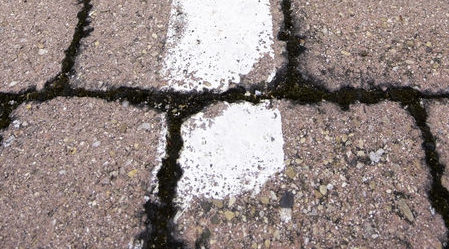The EU’s Secret
Anti-Palm Oil Programs
Since 2018, the EU has been running so-called development programs on palm oil in Indonesia and Malaysia that have undermined both countries’ approaches to smallholders, national development goals and sustainability certification.
The EU programs have:
Palm Oil Monitor has spent months investigating a little-known project of the European External Action Service (EEAS) and the European Union (EU). It is a program that seeks to force Indonesian and Malaysian palm oil producers to adopt rules that will ultimately reduce the competitiveness and growth of the sector.
The projects – known as KAMI and Terpercaya – have significant EU funding behind them, dedicated teams based in Jakarta and Brussels and have even quietly aligned with USAID to push an anti-palm oil agenda.
The objectives of the programs are now more deserving of scrutiny than ever as Indonesia, Malaysia and other ASEAN countries push back on the EU’s approaches to palm oil, particularly the EU Deforestation Regulation.
Palm Oil Monitor’s investigation traces the origin of projects, their objectives, local supporters, funding, activities, how they tie into the broader anti-palm oil agenda emanating from European capitals and – most importantly – the negative impact they might have on the future of the palm oil sector.
The EU’s Trojan Horse
On paper, the EU’s goal for the KAMI and Teprecaya projects is to strengthen the relationship between the EU and Indonesia and Malaysia with support for further sustainability within the palm oil sector and EU acceptance of domestic certification schemes.
However, the EU’s real intent is to drive Indonesia and Malaysia to accept and adopt EU standards in the palm oil sector. It is also seeking to discard locally-developed certification programs and policies to meet EU definitions by using the KAMI and Terpercaya programs.
These programs have willfully ignored domestic approaches take by the Indonesian and Malaysian governments and the input of thousands of stakeholders in government, the private sector and smallholder groups.
Ultimately these EU programs will undermine national policy approaches that have been supported at the highest level in palm oil producing nations. This is taking place while the EU pushes to implement a protectionist ban on palm oil imports under the guise of the bloc’s Deforestation Regulation.
These programs have effectively been an EU Trojan Horse.
The EU is using these projects to surreptitiously fund Green NGO and environmental lobbying efforts within producer countries that will undermine Indonesia and Malaysia’s own interests – and instead adopt EU-centric definitions, programs and language about palm oil and sustainability aligned with EU approaches.
Indonesia and Malaysia have recently pushed back on the regulation at the highest diplomatic levels. This has prompted both governments to reconsider all aspects of their relationships with the EU.
Failing to Meet Expectations
KAMI and Terpercaya were initially created with the notion that the EU would contribute funds to help establish more robust, district and provincial level sustainability initiatives.
Officials in both countries were effectively told that the programs would assist in meeting new regulations for palm oil entering the EU.
They included plans that would ultimately lead to broader certification of Malaysian and Indonesian palm oil by promoting their domestic certification approaches and efforts to reduce deforestation.
But the reality was that these projects did no such thing, and these domestic certification approaches are currently under attack by EU regulators and lawmakers in Brussels.
The programs have failed to match these intentions. Why?
EU Spin vs Reality
EU officials have made several statements throughout the implementation of the programs that are completely contradicted by the EU approach on the deforestation regulation.
Project documents from the Kami and Terpercaya projects state that the programs are about using existing projects of developing joint approaches, but the EU has gone on to develop is rules on the Deforestation Regulation unilaterally.
Case Studies
The Pushback
In December 2022 at the ASEAN-EU Summit, the pushback on the EU from Indonesia was evident. President Jokowi warned the EU should not attempt to dictate its standards to ASEAN if it wants to maintain its relationship with Indonesia going forward, noting,
“There must be no coercion, no more parties who always dictate and assume that my standards are better than yours.”
This was a clear reference to palm oil.

In January Indonesia’s Foreign Minister Retno Marsudi said that Indonesia “will remain consistent in fighting international trade discrimination” during her presentation on the year ahead for the Foreign Ministry. Simultaneously an image in her presentation showed an EU boot squashing palm oil trees. This underlines how angry Indonesia is with EU treatment of palm oil at all levels. See the image here at minute 38.
In February of this year, new Malaysian Prime Minister Anwar Ibrahim stated that his new government would review the EU’s Deforestation Regulation. Both governments declared in a joint statement that they would mobilise diplomatic programs to directly take on Brussels continued vilification of palm oil.
This has taken some officials in Brussels by surprise. But the pushback has been brewing for some time.
What Happens Next?
Brussels is on the back foot. Its diplomatic staff are scrambling to deal with a high-level rebuff from ASEAN’s largest economies. This is at a time when the EU is struggling for relevance in the region and many in the region consider EU programs as undermining national sovereignty.
The governments of Indonesia and Malaysia, on the other hand, appear to be in a position of strength. Indonesia’s G20 year showed its deft ability to bridge diplomatic gaps, and Malaysia’s new government is demonstrating a new narrative.
Indonesia and Malaysia should:
- Call for the complete reorientation of the KAMI project and any other related activities in Indonesia and Malaysia towards ensuring that the EUDR accepts national certification standards (ISPO and MSPO) for palm oil.
- Call for greater transparency and accountability from the European Commission with regards to its spending and activities in Indonesia and Malaysia, whether directly or via lobbying through NGOs.
The European Commission and Council of the EU should:
- Consider carefully how its ongoing disregard for the concerns of farmers and other stakeholder perspectives in Indonesia, Malaysia and ASEAN may be impacting its trade, economic and political goals in the region.
The European Commission should:
- Carefully consider the current version of the Deforestation Regulation, specifically its risk classifications for Indonesia and Malaysia, exemptions it will need to give to smallholders, and acceptance of ISPO and MSPO certification as mitigating risk under the EU’s rules.


